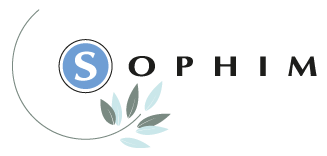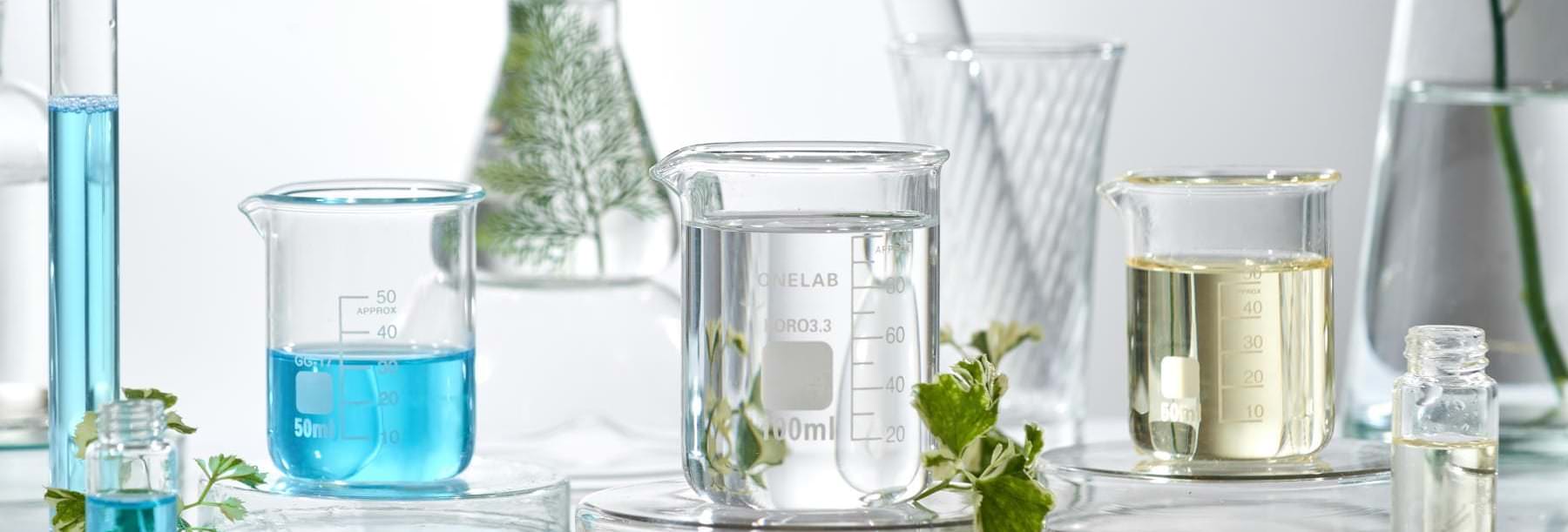Sophim’s head office is located in Peyruis, in the south of France. In particular, it hosts the company’s administrative and commercial services, the R&D laboratory and a production site specializing in molecular distillation, fractionation, esterification and hydrogenation. Our company has a second production site in the south of Spain.
Working with customers in more than sixty countries, we have chosen since our company was formed to locate our production exclusively in Europe, as close as possible to our main raw material, the olive. The legislative framework of the European Union is a pledge of quality and security for our employees, our customers and consumers.
What is the real value of European regulations?
European or Community law is based on the principle of primacy. This means that it has a value greater than national laws: any State cannot therefore vote in and apply a law which would be contrary to Community law. The cosmetics sector is essentially framed by European directives or regulations.
The European Commission submits proposals which are voted on by the Council or the European Parliament. The directives set targets to be achieved, leaving states to develop their own measures for their implementation. The regulations must be fully implemented by the Member States.
How long has the EU been regulating the cosmetics market?
Directive 76/768/EEC establishes a series of rules around the composition, labelling and packaging of cosmetic products. It also prohibits animal testing on cosmetic products made in Europe or imported from other regions of the world. This directive also highlights the responsibility of the Member States, which must monitor products manufactured or imported into the EU.
In France, this directive has notably been transposed by the Public Health Code (Articles L5131-1 to L5131-11 and R5131-1 to R5131-12).
Which regulations apply today in the EU?
Regulation (EC) No. 1223/2009 on cosmetic products supplements the provisions of Directive 76/768/EEC. It concerns manufacturers, importers, distributors and professional users, with safety and consumer protection in mind. The main development is the establishment of a Cosmetic Information File (CIF) for each new cosmetic product, made available to the relevant national authorities.
The regulatory proposals determine the rules to be observed for the composition, the manufacturing, the information displayed and the labelling, the risk assessment, the conditions of use, the prohibited substances or the maximum authorized concentration, etc. The ethical approach is strong, with a reaffirmation, in particular, of the ban on the use of cosmetic ingredients or finished products tested on animals.
Regulation 1223/2009 is supplemented by Regulation 655/2013 which establishes the criteria common to claims relating to cosmetic products: compliance with legislation, veracity, convincing elements, sincerity, fairness, informed choice. The objective here is to provide consumers with the most reliable and legible information possible.
In France, LAW No. 2014-201 of February 24, 2014 contains several provisions for adaptation to European Union law in the health field.
Are European cosmetics regulations undergoing evolution?
Amendments make it possible to update directives and regulations in order to support changes in practices and technologies. In the case of European regulations on cosmetics, the appendix proposing the list of carcinogenic, mutagenic and toxic to reproduction (CMR) substances evolves for example over time. The procedures and processes for obtaining a marketing authorisation may also change over time.
In 2018, for example, Regulation No. 1223/2009 was subject to four amendments: Annex VI (list of ultraviolet filters allowed in cosmetics), Annexes II and III (lists of prohibited and restricted substances), Annex V (list of preservatives) have all been amended. For example, the extracts and essential oils of flowers of Tagetes minuta and Tagetes patula have been subject to restriction: the products containing them must respect a maximum concentration.
In 2022, the European Commission has modified the annexes of the cosmetic regulation concerning “CMR”, which are mutagenic, carcinogenic or toxic substances.
More than 20 ingredients are now prohibited in the composition of cosmetic products, such as lilial for example (butylphenyl methylpropional) used in perfumes for its floral notes (lily of the valley).
Is producing in Europe a guarantee of safety and quality?
European countries offer a rigorous and protective legislative framework in many areas. Labour rights in France and Spain, for example, guarantee conditions of security and compensation for employees superior to those offered in many non-European countries. Control bodies such as ANSM in France use methods derived from European directives, scientific publications or standards which are in force.
French know-how, embodied by Cosmetic Valley, has a worldwide reputation. The level of training offered by European schools and universities also meets the highest standards. We work with competent and experienced employees, who have been working within Sophim for several years. By opting for a company that produces its cosmetic ingredients in Europe, you make the choice of quality and promotion of a qualified job!
In addition, at SOPHIM, our integration is complete, from the supply of raw materials up to the delivery of our ingredients, a guarantee of transparency.
Our Spanish production site is located in the heart of the olive groves of Andalusia, thus guaranteeing a privileged relationship with our suppliers, and total control of our supplies to comply with regulations.
Finally, producing in Europe has a strategic advantage due to the wealth of infrastructure offered. At SOPHIM, our main raw material, the Olive, is as close as possible to our production unit in Almeria, which is itself easily connected to our French production site.
Why choose labelled cosmetic ingredients?
European cosmetics regulations protect consumers. Labels and certifications guarantee cosmetic brands and their customers quality ingredients that respect the environment. Sophim has obtained COSMOS certification by Ecocert Greenlife. Sophim has also been awarded the Pierre Potier Prize for the development of innovations and processes that respect the principles of green chemistry. Finally, participation in the Responsible Care® initiative reflects a commitment to safer and more responsible management of chemicals, in an approach of sustainable development and improvement of life quality.
Category: Cosmetics Expertise






